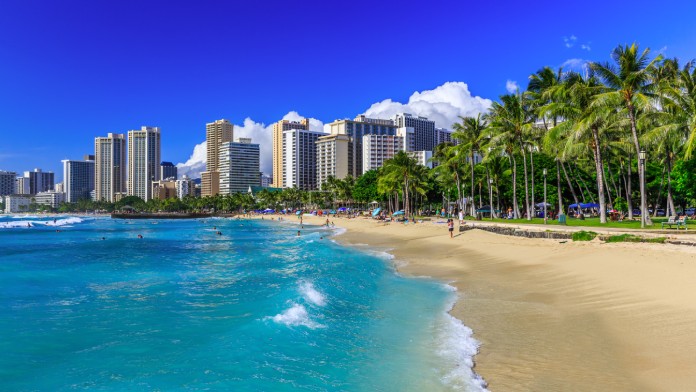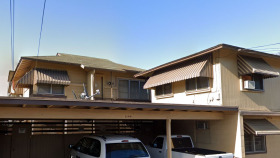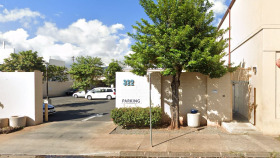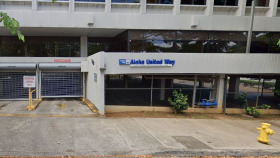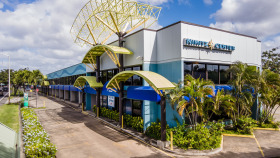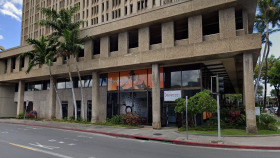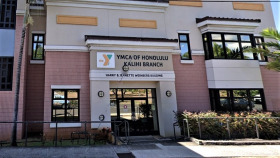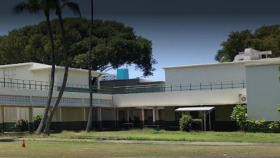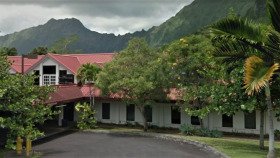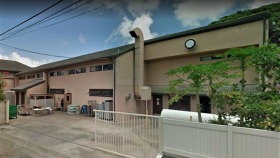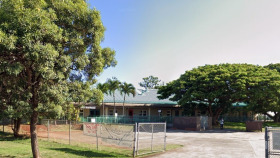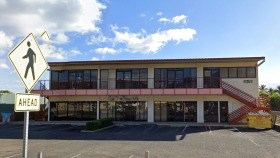Expert Insights
Good news for the people of Honolulu who are in need of medication-assisted treatment (MAT) using buprenorphine (sold under the brand name Suboxone). On January 12th, 2023, the U.S. Drug Enforcement Administration (DEA) publicly announced that it supports changes enacted by Congress that would eliminate the requirement that health care providers must receive a waiver in order to prescribe Suboxone (as it is a controlled substance).
Right now, there are less than 25 medical providers on the Big Island that can legally prescribe Subonxone or similar MAT medications. Now that federal lawmakers have thrown out the waiver requirement, that means any medical provider currently authorized to prescribe medications and controlled substances is now eligible to prescribe Suboxone for patients with opioid addiction. With the stroke of a pen, the number of providers in Honolulu that can legally prescribe Suboxone goes from 25 to 500 – and that means more residents can access treatment and begin recovery.
~ Olivia Pennelle
How Expensive is Drug Rehab in Honolulu?
The cost of addiction treatment in Honolulu will depend on various factors like the location, the type of setting, the approach, and the number of substances being treated. Your program may cost more if you choose a high-income location.
If you need help with more than one substance, you may pay extra for every additional substance. Most of the facilities in Honolulu offer care in several settings and use multiple approaches. For example, you may pay more in an inpatient setting than in an outpatient setting.
Are There Low-Cost and Free Drug Rehab Centers in Honolulu?
More than half of the accredited clinics in Hawaii provide care at a low cost or no cost to people who cannot afford it.
State-funded programs, for example, receive funding from the government and can provide low-cost or free services to low-income residents of Hawaii.
Medicaid is a joint state-federal program that can provide funding assistance for eligible individuals to attend a Honolulu drug rehab.
Medicaid and Medicare
The cost of getting help shouldn’t be a barrier. You may be eligible for Hawaii Medicaid if you are a child, pregnant, a former foster care child, a parent of eligible children, elderly, blind, have a low income, or have a disability.
If you have a low income and qualify for Medicaid, you may receive benefits to cover at least some of the cost. Med-QUEST is a division of the State of Hawaii’s Department of Human Services that provides Medicaid benefits to eligible people. Med-QUEST will help with your fees by covering the following benefits:
- Inpatient drug and alcohol use program
- Medically necessary treatment
- Methadone management interventions
- Drug and alcohol services
- Medications and medication management
Medicare in Hawaii also covers certain addiction treatment services, either partially or fully.
Private Insurance
You do not have to pay for all of your fees if you have health insurance. Instead, you can use your insurance to pay and reduce the cost significantly. The Affordable Care Act (ACA) and the Mental Health Parity and Addiction Equity Act (MHPAEA) require private insurers to cover rehab to the same extent as medical and surgical conditions. You can expect your insurance to cover at least part of the cost of drug or alcohol rehab in Honolulu.
How Does Honolulu Compare in Alcohol and Drug Use?
Statistics from the 2018-2020 National Survey on Drug and Alcohol Use conducted by the Substance Abuse and Mental Health Services Administration (SAMHSA) showed the following for people 18 years and older in Honolulu, Hawaii:1
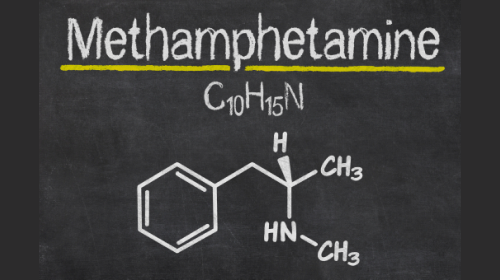
About 2% reported using methamphetamines in the past year
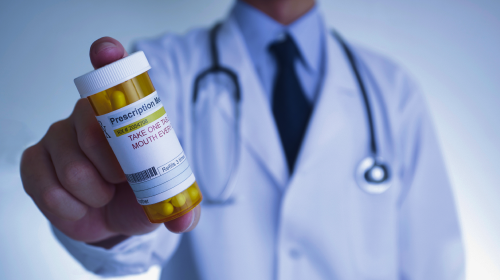
About 3% reported prescription pain reliever misuse in the past year
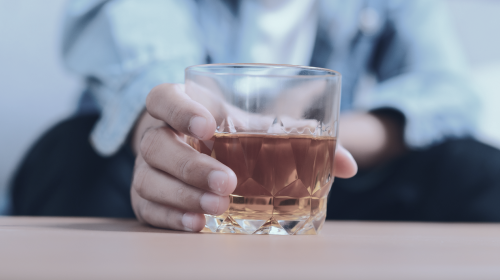
Approximately 47% reported alcohol use in the past month
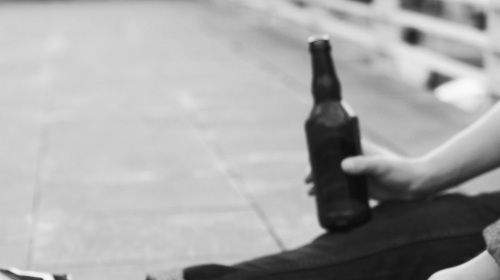
About 24% reported binge alcohol use in the past month
From 2018 to 2020, national data showed that less than 1% of people 26 years and older in Honolulu, Hawaii reported heroin use in the past year.
Alcohol and Drug Laws in Honolulu
Hawaii has several alcohol and drug laws designed to help people with substance use disorder. These laws protect people from legal problems and improve access to treatment.
Good Samaritan Overdose Prevention
HB 393 is a Good Samaritan overdose prevention law in Hawaii that protects you from prosecution, arrest, or criminal charges when you help someone experiencing an overdose. You don’t have to be concerned about criminal punishment in emergency situations involving drug use. This law shields you from punishment when you get help for yourself or family members during an emergency with controlled substances.
Veterans Treatment Court
Hawaii has a veterans treatment court to help veterans with drug and alcohol use disorder get the help and resources they need for a healthy and productive life.27 The judge and staff at the court help veterans by providing assessments and care for substance use. You can expect to undergo a urine test regularly and report to the court every Friday to remain in the program.
Hawaii’s Drug Court Program
Hawaii’s Drug Court Program offers pre-trial defendants with access to addiction treatment as a form of probation. You can expect to learn social and life skills, receive therapy, and seek employment or enrollment in an academic institution. Hawaii’s Drug Court Program offers rehab and accountability through the court system.
Resources
- Peterson, C., Li, M., Xu, L., Mikosz, C. A., & Luo, F. (2021). Assessment of Annual Cost of Substance Use Disorder in US Hospitals. JAMA Network Open, 4(3), e210242.
- National Center for Drug Abuse Statistics. (2022). Average cost of drug rehab.
- State of Hawaii Med-Quest Division. (2021). What is Medicaid.
- Substance Abuse and Mental Health Services Administration. (2022). Alcohol and Drug Abuse Treatment.
- State of Hawaii Department of Health. Alcohol and Drug Abuse Treatment.

